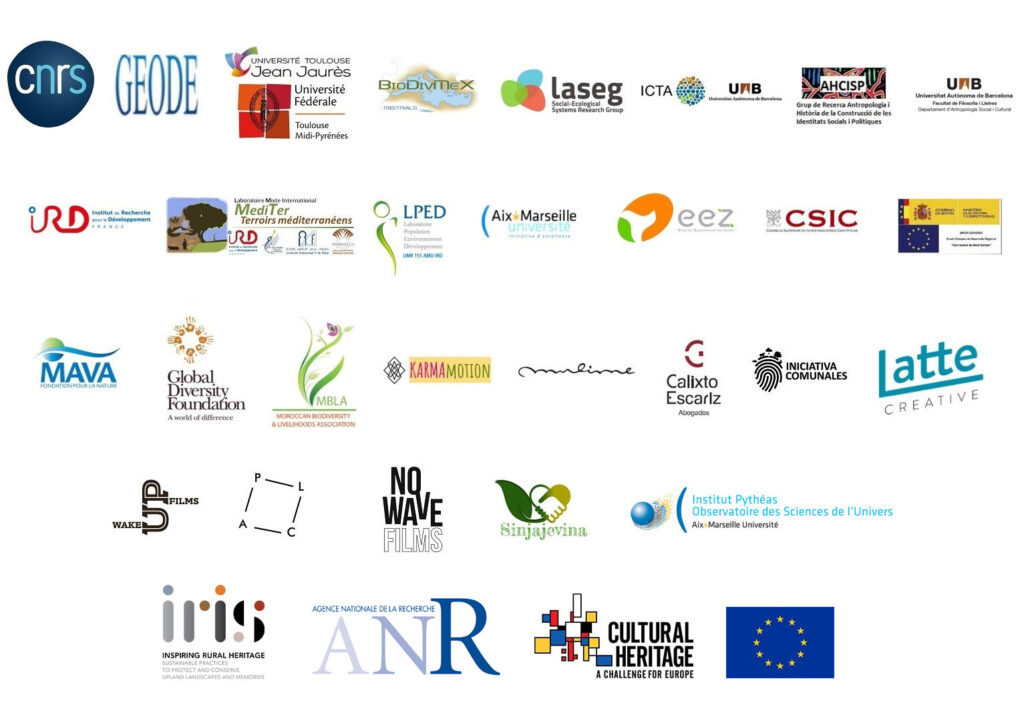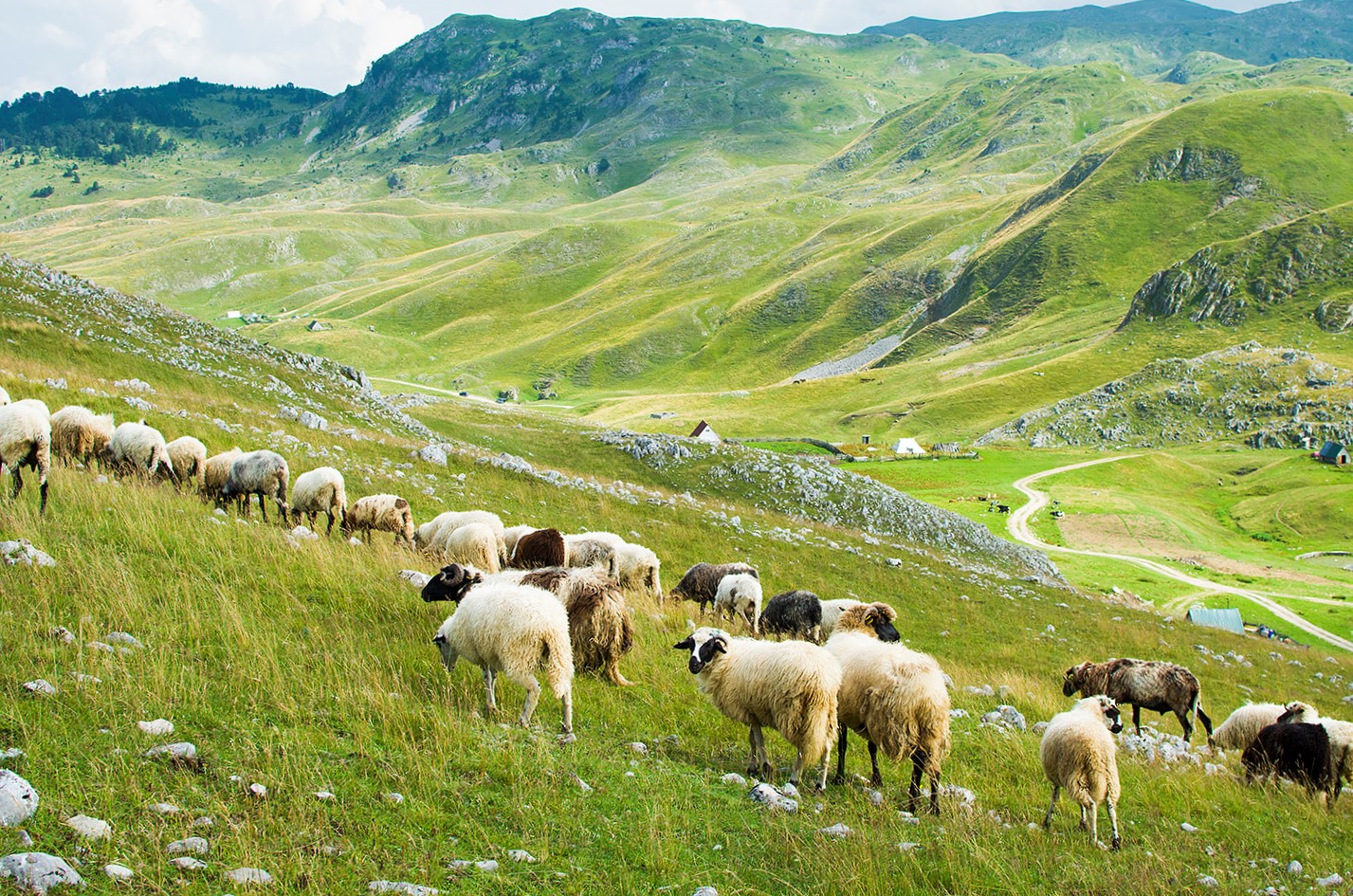According to the ethnologist Anne-Marie Brisebarre (CNRS), “for centuries, or even millennia, pastoralism, in particular the transhumance of sheep and goats, has been emblematic of the Mediterranean regions, both in the north and the south”. Since June 2011, the cultural landscapes of Mediterranean agro-pastoralism have been designated as UNESCO World Heritage.
The mountain pastoral commons that are the focal point of this exhibition are grazing lands managed by communities of livestock breeders who, through a system of collective governance involving permanent negotiation, ensure the sustainable use of the highland pastures and, because of the active participation of the members of the community, limit possible conflicts related to competition over accessing and sharing the resource. For the economist Gaël Giraud (https://gael-giraud.fr/), the commons in general are “resources, symbolic or material, that a community chooses to administer by providing rules which are themselves submitted to deliberation. What defines the commons is thus not the nature of the resource, but the political collective action which submits to the ongoing judgement of the community its own modes of action in the protection and the promotion of that which is important to it”.
The mountain pastoral commons illustrated in this exhibition are characterised by three fundamental and inter-related principles, which are somewhat reminiscent of the “design principles”developed by Elinor Ostrom, the first woman to be awarded in 2009 the “Nobel Prize” in economic sciences: (i) a local community maintains strong and deep-seated links with a territory; (ii) this community is a key actor in the process of decision making relative to the territorial governance of resources; (iii) this governance contributes to a responsible and sustainable management of the ecosystems and of the material and immaterial heritage of these communities.
The creation of this exhibition, whose first version was launched online in April 2021 by the Virtual Museum of Human Ecology, has been coordinated for two years and a half by Pablo Dominguez (eco-anthropologist at the CNRS, GEODE laboratory), with the support of over twenty co-authors and collaborators. The process has involved the merging of several scientific, political and artistic projects focused on the pastoral commons of four countries: Morocco, Spain, Montenegro and Turkey. It represents a creation involving great personal sacrifice, fueled by priceless commitment and enthusiasm in support of these systems. On the basis of this first online version, Pablo Dominguez and Bruno Romagny (economist at the IRD, LPED, co-director of LMI MediTer “Mediterranean terroirs”) facilitated the realization of this updated online version, now in three languages, with the support of the OSU Pytheas (Aix-Marseille University). At the same time it is showcased in physical format (18 A0 sized panels) at the Congress of the International Union for the Conservation of Nature at Marseille (3-11 September 2021), in connection with its thematic session of 6 September 2021 on Euro-Mediterranean ICCAs: Commons for nature conservation and resilience of local communities, session organized by these two researchers with the support of Sergio Couto, regional coordinator of the ICCA Consortium for Europe, and the Communication Department of the IRD, and that will be later shown in different spaces and countries of the Mediterranean.
This exhibition is in phase with a tradition that is inter-disciplinary and trans-cultural, which is particularly embodied in research carried out in partnership and in favor of local communities. Like that of the co-authors and collaborators of this exhibition, this tradition is sustained at the IRD and in particular by the LPED and the Laboratoire Mixte International (LMI) MediTer ‘Terroirs méditerranéens‘ (2011-2021), driving studies from different viewpoints, from the humanities and social sciences to those of the Earth and Life sciences concerning the Mediterranean.
With the support of:


